In order to meet the ambitious education targets outlined in Sustainable Development Goal 4 and the Education 2030 Framework for Action, countries need to accelerate progress toward improving education quality and learning outcomes. While access to education has improved the world over since the turn of the millennium, many children who are in school are not learning the basics in reading and writing. Furthermore, they often spend little time on other important learning domains associated with vital 21st century skills. Repeating the same education reforms and interventions at the same pace is unlikely to ensure universal learning for all children, youth, and adults by 2030.
Improved global tracking of learning is needed to check progress and adjust course as countries strive toward these goals. At the same time, accurate and relevant measurement of learning at the classroom and national levels can lead to improved learning outcomes, especially when used to guide teaching practices, policies, resource allocations, and other factors influencing education quality. Over the past 18 months, the Learning Champions of the Learning Metrics Task Force (LMTF) have been experimenting with new approaches to assessment in their own countries, from the classroom to the education ministry, and how these approaches can inform the global education dialogue. The Learning Champions initiative, comprising education experts and government officials from 15 countries, provinces, and cities around the world, is based on the idea that there is no one-size-fits-all approach to improving learning and that countries need to develop solutions that meet their needs. Each country or city involved in the initiative brought together a group of government and non-government actors, reviewed the results of the initial LMTF consultations and recommendations, and experimented with new ways of measuring learning. In some cases, this entailed mapping out the existing assessment efforts and determining better ways to collaborate. In other cases, the governments developed new tools for assessing learning, often enlisting the help of teachers, civil society organizations, and international agencies.
This Learning Metrics Task Force video, the first of two, was filmed at a regional Learning Champions meeting in Naivasha, Kenya during May 2015. It highlights the process the LMTF took towards its consultations and the Learning Champions initiative, but it also delves into the experiences of the Learning Champions themselves as they prepared their new assessments and systems for the coming year. Education leaders from the governments of Kenya, Ethiopia, Senegal, and Zambia discuss their progress in revamping their systems, as well as challenges they have faced, and representatives from organizations such as UNICEF and the Association for the Development of Education in Africa (ADEA) helped facilitate connections between countries.
Over three days, participants exchanged ideas, visited schools, and received feedback from each other on their plans to improve assessment. The LMTF broad framework of seven learning domains (physical well-being, social and emotional, culture and the arts, literacy and communication, learning approaches and cognition, numeracy and mathematics, and science and technology) resonated with participants, including Elisheba Khayeri, a Kenyan head teacher, who was enthusiastic about assessing students for areas outside of literacy and numeracy, areas that are related to children’s individual talents and the unique contributions each child can make to society.
Last week, from February 3-5, the LMTF convened for its final meeting and the Second Learning Champions Forum in Livingstone, Zambia. The event was co-hosted by Zambia’s Ministry of General Education and the Center for Universal Education at Brookings. LMTF member organizations, Learning Champions representatives, and assessment experts came together to learn about the accomplishments of the Learning Champions, identify tangible next steps for country-led action after the LMTF sunsets, and understand how the work of the Learning Champions can inform the global conversations on education measurement. The second video in this series will document the stories behind the larger group of Learning Champions.
As stated by the narrator, former Zimbabwean education minister Dzingai Mutumbuka, “each country, no matter how big or small, poor or rich, has lessons to share and success stories to tell, and we think we can leverage these lessons to improve learning for all children and youth.”
The Brookings Institution is committed to quality, independence, and impact.
We are supported by a diverse array of funders. In line with our values and policies, each Brookings publication represents the sole views of its author(s).

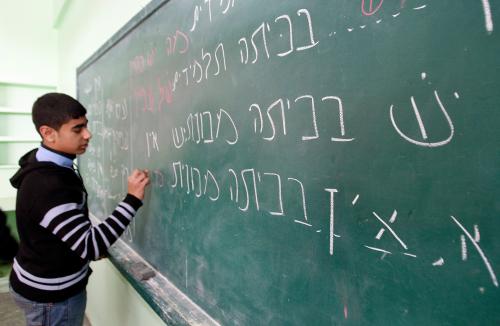
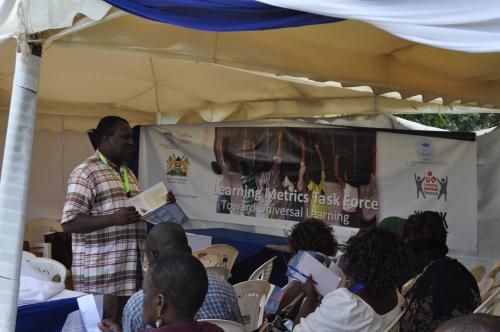
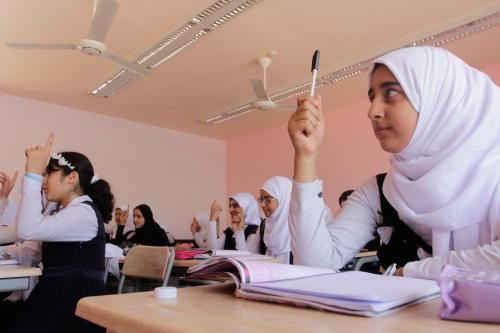
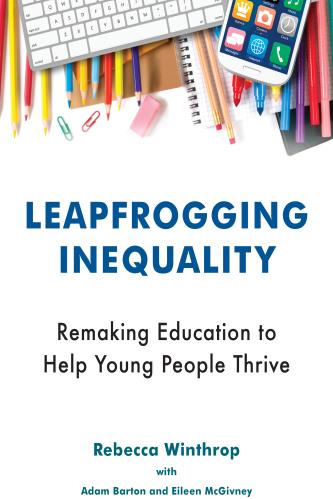
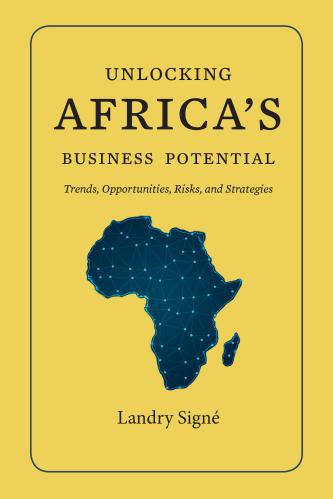
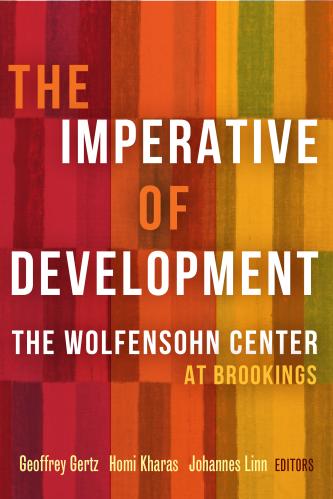


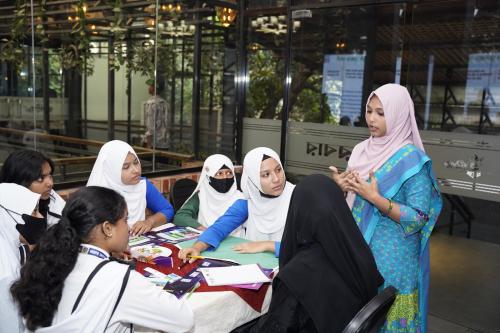
Commentary
Toward universal learning: A new video on tackling assessment challenges in Africa
February 10, 2016